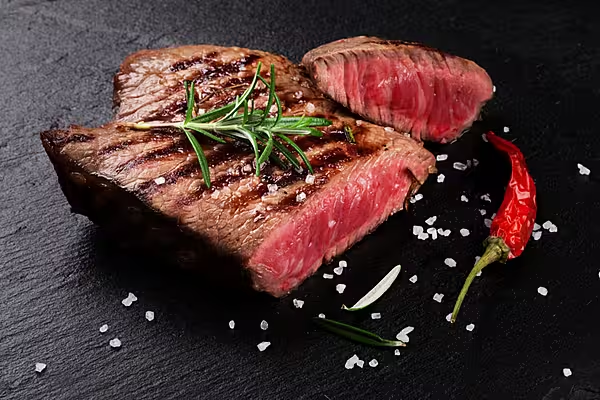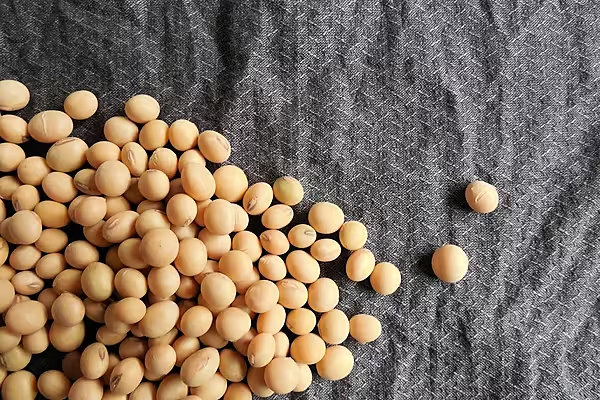Argentina's government put the official seal on a controversial beef export ban on Thursday, formalising the measure unveiled earlier in the week in the country's official gazette and citing hot demand in Asian markets for pumping up prices.
The South American country, a major grains and cattle producer, announced the 30-day halt on beef exports on Monday amid high food inflation that has spooked the government ahead of key mid-term elections at the end of the year.
That prompted agricultural producer groups to respond with a planned halt in trading of livestock as tensions built between the powerful farm sector and the Peronist government keen to rein in inflation forecast to near 50% this year.
In the official gazette, which is the rubber stamp on official measures, the government cited rising demand for Argentina's beef, especially from top-buyer China that has ramped up purchases over recent years.
Asian Demand
'Prices have experienced a sustained rise as a result of the growing demand for these products, mainly from Asian markets,' the government said.
'There is a price distortion that goes beyond the general inflation rate for food and prevents the normal supply of food products to consumers in the domestic market.'
The gazette announcement added that the suspension would be lifted once the normal local supply of beef was assured at reasonable agreed prices.
Argentina is famed for its cattle ranches and sizzling cuts of steak, which are a central part of the local social fabric, with many gatherings of families and friends held around the 'parrilla' barbecue grill at the weekend.
However, rising meat costs have come under fierce scrutiny in recent months. Some consumers - already hit hard by three straight years of recession - say they are no longer able to afford beef. Inflation has sapped growth and spending power.











